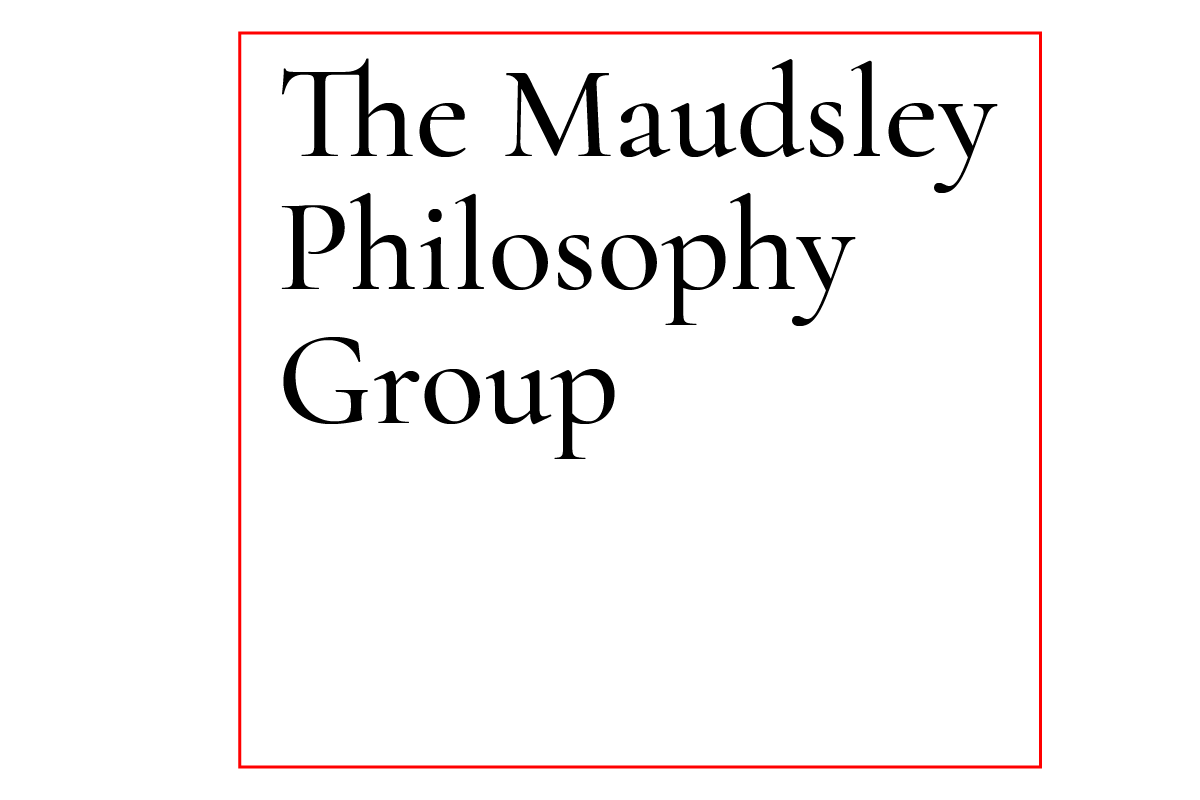06 June 2023
Topic: Verstehen and postmodernism in psychiatry
Speaker: Prof Nassir Ghaemi
Abstract: The phenomenological tradition in philosophy has two branches. The more well known one, derived from Heidegger via Foucault, is postmodernist, with a strong emphasis on social constructionism. The less well known one, derived from Jaspers, remains within the Enlightenment tradition, although it overlaps with some postmodernist ideas. Applied to psychiatry by Foucault, the postmodern wing of phenomenology has led to “anti-psychiatry”, a general attack on psychiatry as a profession, as well as other critiques that are based on a basic ideology of social constructionism (e.g., “critical psychiatry”, “postpsychiatry”, and criticisms of psychiatric drugs). The psychiatric mainstream also has accepted social constructionist critiques, on issues such as homosexuality and racism, and the DSM diagnostic system has a social constructionist core (diagnoses are made based on “pragmatic” benefits to the profession, not based on external biological reality).
The Enlightenment-based tradition of Jaspers also has been applied to psychiatry, although much less appreciated. It has its roots not only in Nietzsche, but also in Wilhelm Dilthey who developed the concepts of Verstehen and Erklaren applied to knowledge. This “Verstehen tradition” is misinterpreted often as being anti-science, whereas in fact it is part of the larger attempt to reinterpret all knowledge, including science, which was the basis of phenomenology. Following his teacher Max Weber, Jaspers applied this approach to psychiatry. His recent interpreters include Paul McHugh and Leston Havens, each of whom tried to expose American psychiatry to this tradition.
The social ramifications of these worldviews will be explored briefly, including the impact of postmodern assumptions that are the main worldview of Western culture today on psychiatry and concepts of race and gender.
*******
Professor Ghaemi is a Professor of Psychiatry at Tufts University and Lecturer on Psychiatry at Harvard Medical School.
